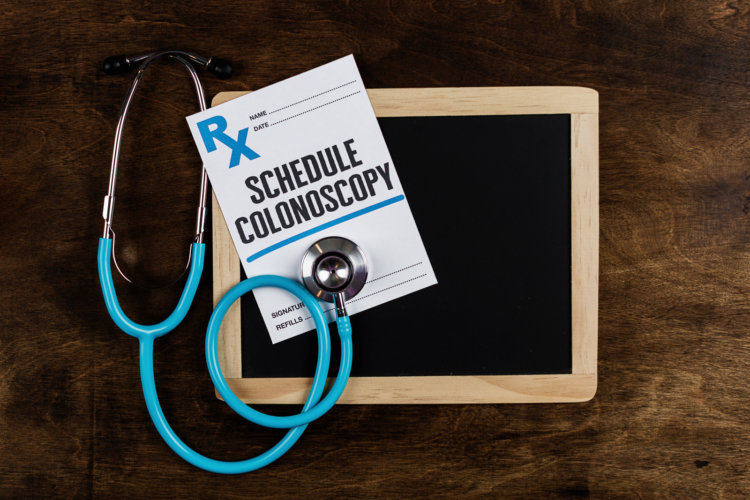Colonoscopy screening and other colon cancer screenings should be considered an integral part of any routine health checkup. While most healthcare providers recommend colonoscopy screening, there are also other colon cancer screening tests that are available at your disposal.
If you are embarrassed about getting colon cancer screening or afraid of any pain or discomfort you might feel, it is important to remind yourself that these inconveniences are nothing compared to the potential to save your life if you do detect any problems early on. Survival rates drastically decrease as the cancer progresses and it is always recommended to get checked early for a peace of mind.
Screening tests are only recommended if you have no bowel symptoms. However, if you experience certain symptoms and signs like bleeding, change in bowel habits, constipation, abdominal pain, and diarrhea, other tests are recommended to address the symptoms.
Colorectal Cancer Screening Tests
Below are a few of the most prevalent colon cancer screening tests available at your disposal:
Colonoscopy
During colonoscopy, a long and flexible tube known as colonoscope will be inserted into the patient’s rectum. At the tube’s end, there’s a tiny video camera that enables doctors to see abnormalities or changes inside the colon.
The procedure usually takes 30 to 60 minutes. Generally, a colonoscopy is recommended every ten years if there are no abnormalities found. The same is true when the patient has no known colon cancer risk.
Stool DNA Test
This test makes use of a stool sample to check for any changes in the cell’s DNA that indicates the presence of precancerous conditions or colon cancer. For this test, a sample of the stool is collected at home and will be sent for testing to the laboratory. This type of test is usually repeated at least every three years.
Fecal Immunochemical Test or Fecal Occult Blood Test
Fecal immunochemical test (FIT) and fecal occult blood test (FOBT) are tests that are used to check for any hidden blood (occult) in the stool. This type of test is recommended annually.
Virtual Colonoscopy (CT Colonography)
During a CT colonography, a CT scan will produce cross-sectional images of the organs of the abdomen. This allows doctors to see and detect any abnormalities or changes in the rectum or colon. A catheter or small tube may be placed inside the rectum to inflate it with carbon dioxide or air to allow for more precise images to be captured which the doctor can then better examine.
What to Know About Screening Tests
The more thorough the screening test, the easier it is to check or detect precancerous polyps or cancer. However, a more thorough test may also require preparations that are more uncomfortable or inconvenient. Before undergoing any screening tests for colorectal cancer, it is recommended that patients ask themselves the following questions:
- Will you feel better knowing that you have picked the most thorough screening test possible?
- Will you be worried about the results if you pick a test that is less sensitive?
- What are you more concerned about? Preparation and inconvenience, or discovering the likelihood of serious complications?
It is recommended that you make sure you have picked a screening option that you are most comfortable with. Don’t hesitate to tell your doctor about if you would like to opt for an alternative test even if your current doctor only specializes in a particular test or screening.
Typically, in such cases, your doctor will refer you to another specialist that’s an expert in the test you prefer. It is crucial to remember that your specific risk for developing colon cancer can be a factor in the type of screening you should go for. Case in point, if you have a high risk of developing colon cancer, your doctor will likely recommend colonoscopy which is one of the most common colon cancer screenings.

